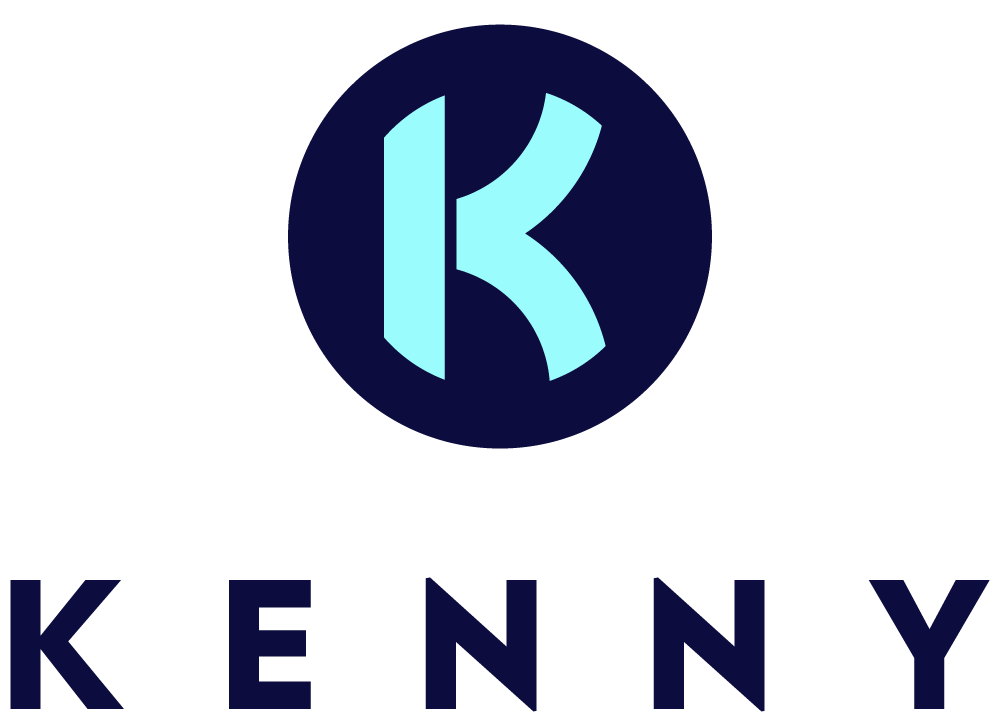Comprehensive or brief? How much detail is too much?
Some of us would dream of having enough relevant experience to fill a small book about our careers. Huge roles with dozens of responsibilities, all of which need to be detailed and collated for a successful application. Maybe you’ve written some books or articles that you’d like listed to showcase your expertise, or you’ve won so many awards you have to dust off a folder in your attic just to write them all down. But..is anyone going to read it? This is a problem we had with a client, who’s CV was a 15 page dissertation on a career spanning 40 years. What approach did we need to take?
Well the first step is to talk it through. We sat down for just over an hour going through every job description, award, and education entry. This gave me a great overview of my client’s story, but then we needed to seriously consider what was necessary. This client was applying to a Directorship position, their dream job, what they had building up to their entire career. But what were they asking for? The key word in the application instructions was ‘comprehensive’, what did that mean? If they truly meant comprehensive than the client’s 15 page document would certainly cover it! But we agreed that it would be too risky to leave it untreated and ignore the human element of applications, regardless of the need for extensive coverage of their career, a person still needs to read the CV and be engaged. So that was now our focus.
I decided to truly study the job specification provided, and made sure I had a clear understanding of what the role entails, and therefore what it would be looking for. Then I re-organised the CV, moving the most relevant information to the top of the page to give the reader confidence that this CV was of a candidate worth considering. This included highlighting every time this client had actually done something that was in the job description, and deleting or editing down any superfluous information not relevant to the target role. I then moved their education from the bottom of the CV to the middle, just after the career section, as this is usually the second thing employers look at before making a decision. Finally I made use of the personal statement to hit the four key attributes the new role said it was looking for, making it clear as day that this candidate was perfect. Using these steps I made sure that after reading the client’s first 3 pages they were already sold on it, meaning the remaining pages were there just to add more evidence if needed.
Our client was successful in their application and the feedback was great! The lesson learned? Don’t ignore the request for comprehensive detail, but that doesn’t mean you can’t tailor your CV for the eyes of human beings. Your CV may need to be long, but that shouldn’t stop you from grabbing their interest on the first page!
If you’d like me to take a look at your CV and see what we need to do to make it successful just get in touch at hello@wearekenny.com and ask for Josh!
